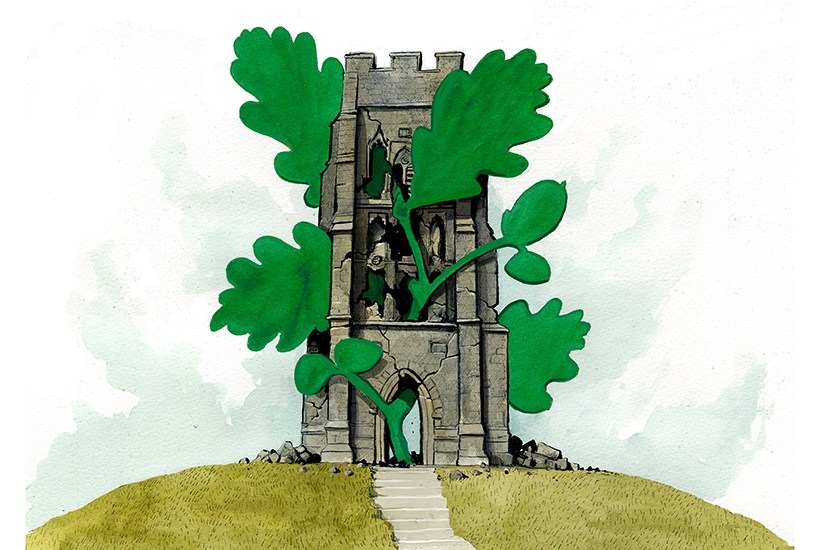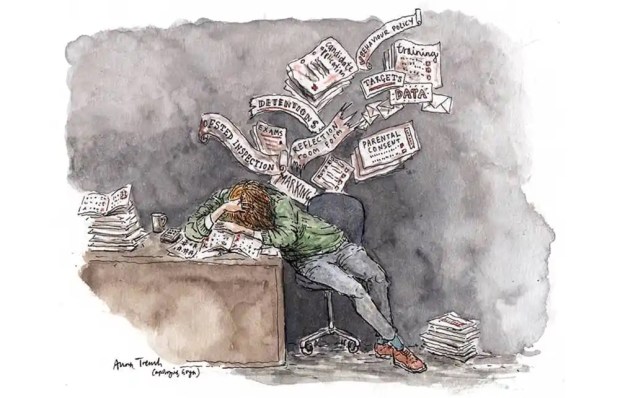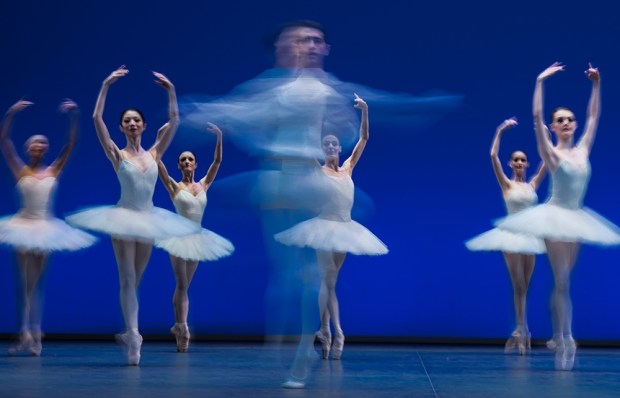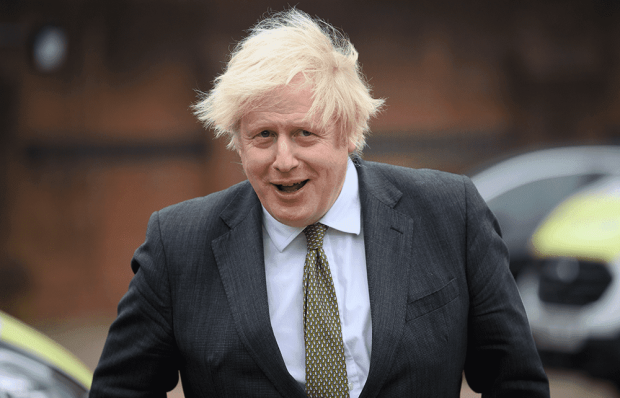Trust us
Sir: I refute Charles Moore’s assertions (‘Broken Trust’, 5 June) that the National Trust frowns on local expertise, ignores its members and is prone to ideological zealotry. National Trust houses are historic treasures of national importance and we are very proud to care for them. Before the pandemic, the Trust was spending three times more on its houses than on coast and countryside.
Already a subscriber? Log in
Subscribe for just $2 a week
Try a month of The Spectator Australia absolutely free and without commitment. Not only that but – if you choose to continue – you’ll pay just $2 a week for your first year.
- Unlimited access to spectator.com.au and app
- The weekly edition on the Spectator Australia app
- Spectator podcasts and newsletters
- Full access to spectator.co.uk
Or
Unlock this article
You might disagree with half of it, but you’ll enjoy reading all of it. Try your first month for free, then just $2 a week for the remainder of your first year.














Comments
Don't miss out
Join the conversation with other Spectator Australia readers. Subscribe to leave a comment.
SUBSCRIBEAlready a subscriber? Log in